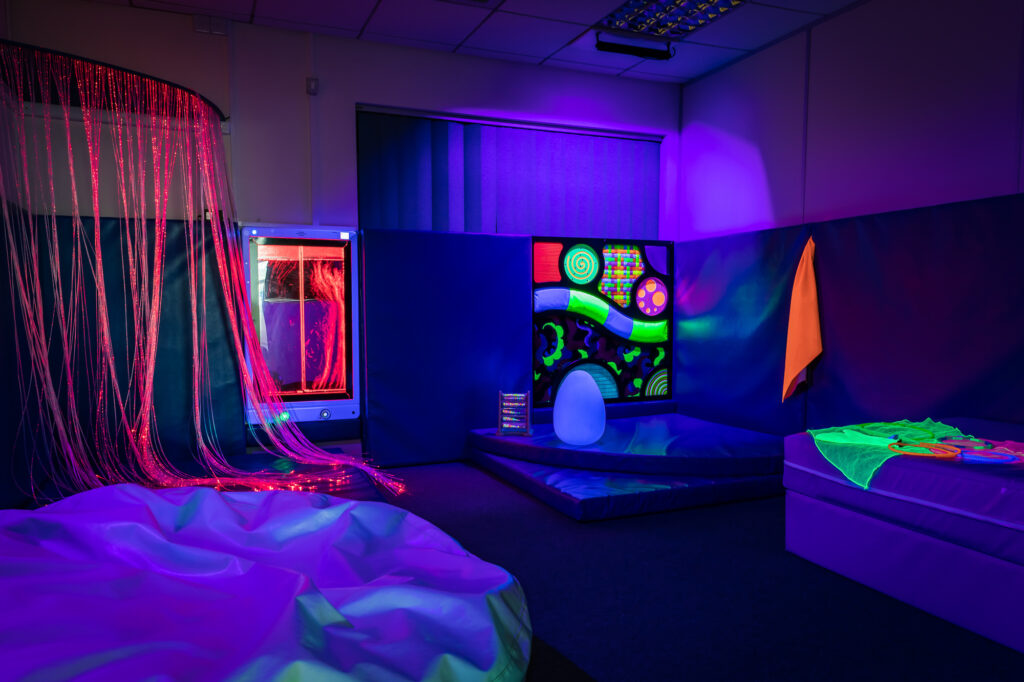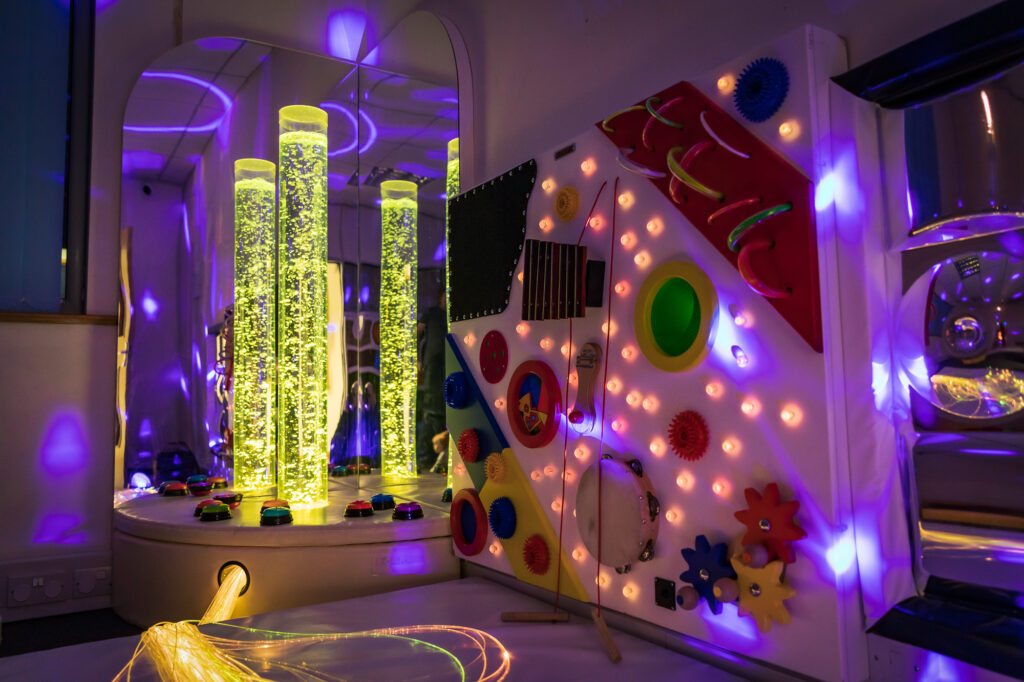The Importance of Routines and Structure

From the type of breakfast cereal that we have in the morning to the time that we go to bed at night, there’s no denying the importance of routines and structure to our well-being. This is particularly true of people with learning disabilities and additional needs. You can support them by following the guidance in this blog.
Recognising the Benefits
There are various benefits that might be enjoyed by people with additional needs, provided they have a sense of routine and structure in their lives. Regular arrangements will give them a sense of predictability and reduced anxiety, as they know what to expect. They can have confidence in how other people will behave and what they are expected to do. There might also be improvements in behaviour and overall well-being.
Added routine and structure might have these positive personal impacts:
- Increased self-regulation and independence
- Improved time and task management
- Supported skill development and learning
- Enhanced overall well-being and quality of life.
As the parent and/or carer for somebody with additional needs, you may have the responsibility for setting a reliable routine and structure. The person that you care for might be able to cope with the advanced planning of various activities. On the other hand, they might only be able to process information about one event at a time. In either case, regular and structured activities should give the person with learning disabilities a better idea of what to expect.
People with additional needs may be supported in the following ways:
- Using easily understandable language and images
- Explaining any changes of regular routines
- Ensuring that there is a good deal of time for any scheduled activities.
Planning Your Visits to Sensory Planet
We recommend using routines and ensuring a sense of structure in the arrangement of visits to the Sensory Planet. As an example, you could create a visual timetable showing the sequence of events that the young person can expect when visiting the sensory rooms. They might begin by playing with the colourful displays in the Galactic Ultraviolet room before enjoying some relaxation time in the Luna Interactive room.
Other ways of building routine into your Sensory Planet visit include:
- Showing the individual a particular object before beginning each activity
- Making use of timers, alarms and reminders
- Clearly explaining any rules and expectations
- Using regular cues so they’re aware when switching to different activities
- Giving rewards each time that the individual successfully follows the routine (this might include verbal praise or more time playing with a favourite toy).


To have a look at more photos of our rooms and layouts click here
Providing Vital Support
Fully appreciating the importance of structure and routines, we give you the opportunity to arrange block bookings for use of the rooms at Sensory Planet. If you’d like to have a chat about the regular use of the Galactic Ultraviolet and Luna Interactive Sensory room then please give us a call on 01709 919036 (opt 2) or send an email to knottingley@sensoryplanet.co.uk.
To make a booking at Sensory Planet click here
